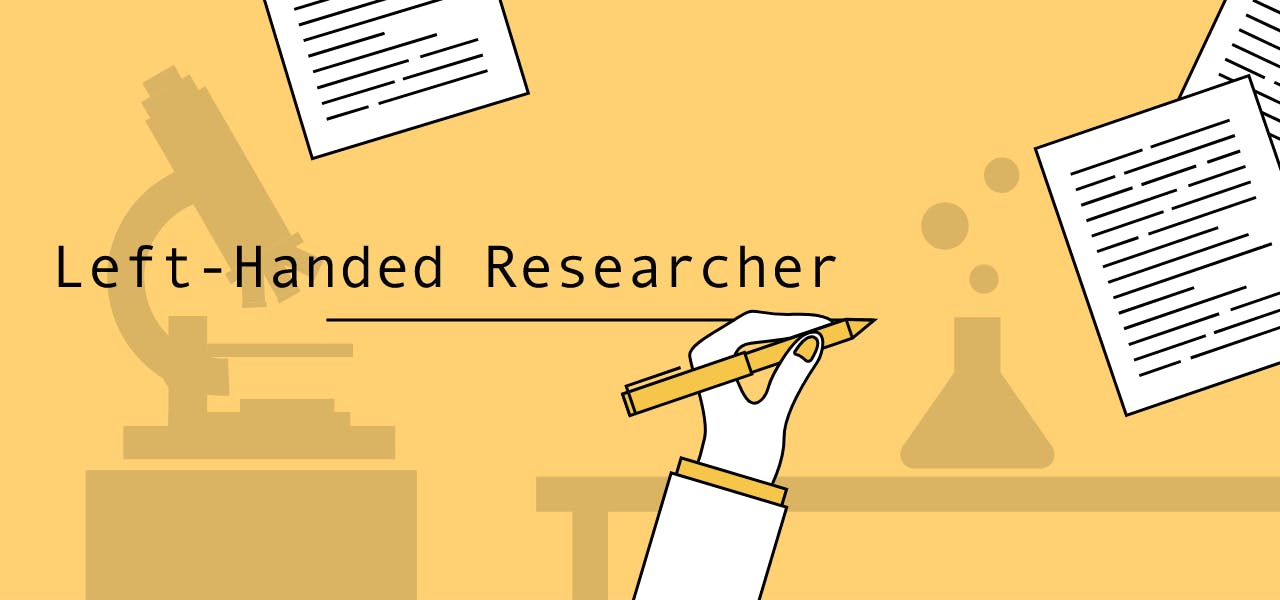Policies against discrimination are in place all over the world. Federal guidelines and regulations prohibit any type of discrimination against an individual for things like gender, race, ethnicity, religion, etc. But an often overlooked, completely “normalized” form of discrimination comes when you consider the difference in right- and left-handed individuals.
Since 90% of the world is right-handed, lefties, or “southpaws” as they’re often referred to, simply find themselves assimilating into society by making their own accommodations as necessary. Other than their dominant hand usage, they’re just like everyone else, so it wouldn’t be considered a disability or anything in need of a modification to an employer. But in fields like research, being left-handed comes “hand-in-hand” with some disadvantages.
Anomalies in How the Brain Works for Each Dominant Hand
The odds of being left-handed are extremely rare, but when it happens, it’s not necessarily something you can just “switch.” Scientists have found that the brain actually works differently in someone who is left-handed, making it a confusing, and even sometimes dangerous, thing to force someone who, by nature, is dominantly left-handed to become right-handed instead.
Your “handedness” is determined by the brain. This characteristic represents part of the functional hemispheric asymmetry in the differences in the right and left side of the brain. In left-handers, studies show that the right brain’s motor cortex is dominant, making it easier for them to control their fine motor skills. When you try to switch this to make the left brain dominant, it can have a physical impact on the motor cortex and other parts of the brain.
Other research has proven that there is a difference between the two dominant sides when it comes to areas such as spatial awareness and the ability to discern positive and negative space.
Disadvantages to Being Left-Handed in Research
As both a researcher and a data participant, there are disadvantages in being a leftie. Many of these people are left out of studies on purpose because their brains are scientifically proven to work differently than the majority of the population and researchers want to ensure consistency in their experiments. This is a variable they can control, and so they will exclude left-handers when it might impact the results.
Because the majority of the world is set up for right-handed maneuverability, researchers have a more difficult time in the lab, too. Equipment, such as microscopes, is typically designed with right-handed people in mind. Placement of the equipment is also set up for the majority-brained. Doing something as simple as operating a microscope can be clumsy and time-consuming for a left-handed person, since they have to flip the way their brain works. The dominant, left-hand is working the controller, while the less able right-hand is operating the fine motor skills. It’s not impossible to do, but it does take time.
Consider something as simple as teaching someone how to tie their shoes. As a left-handed person, everything is done in an opposite way as how the right-hand dominant individual would perform it. Transfer this to a more complicated idea, such as demonstrating to your students the correct way to suture a wound, and you see the difficulties and disadvantages that left-handed people must deal with.
In fact, the world is so predominantly right-handed set up that some studies have shown that southpaws have a shorter lifespan and are five times more likely to die in an accident. Being a leftie can have a lot of disadvantages, but there are many advantages to thinking uniquely, too.
